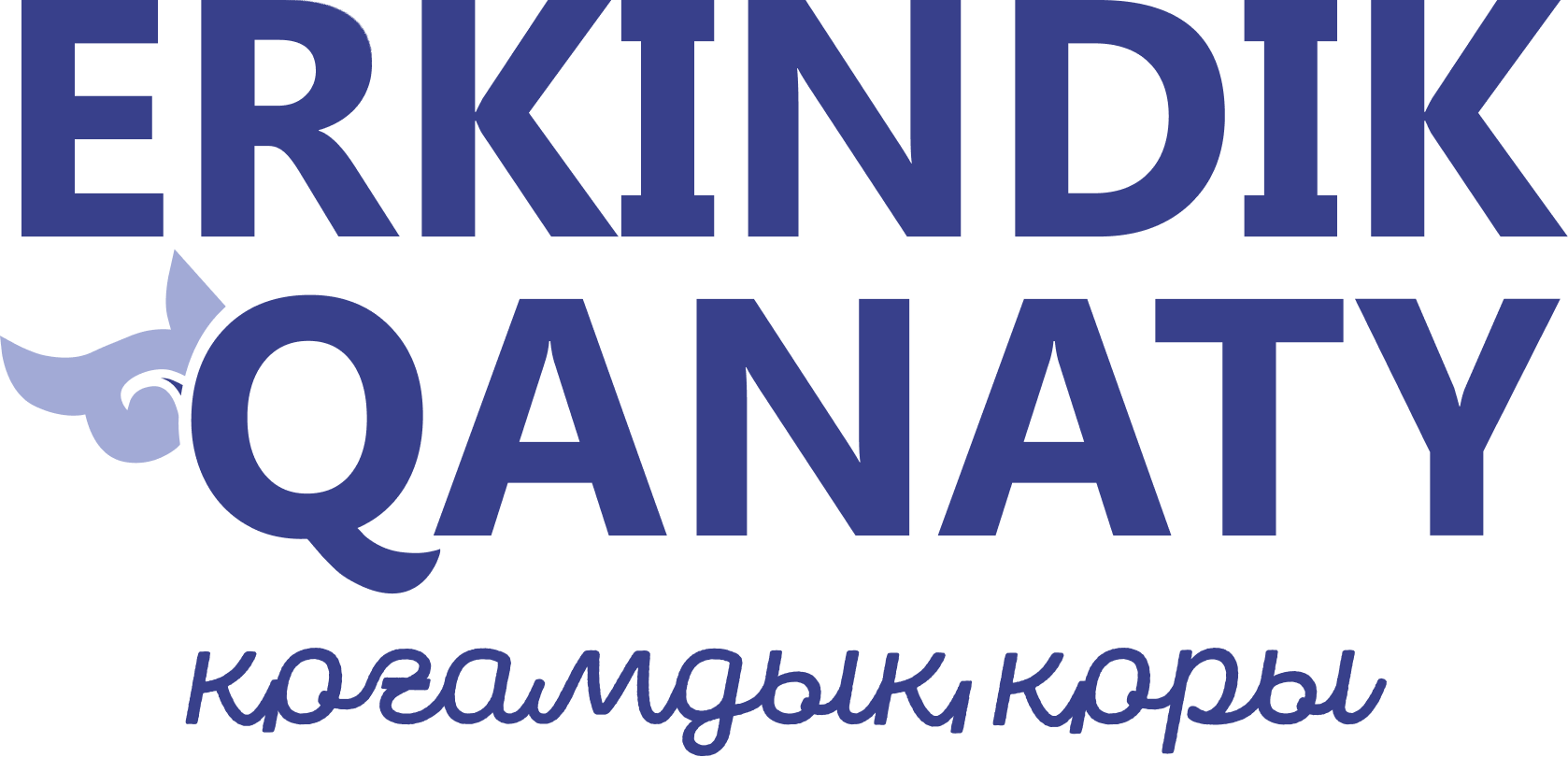Leave your contact details and we will contact you soon!
Human Rights
They represent a set of rights that every person has from birth. They apply no matter where you come from, what you believe in, or how you choose to live your life.
Human rights belong to everyone equally, everywhere and always. They are universal, that is, they are the same for all people in all countries.
Human rights belong to everyone equally, everywhere and always. They are universal, that is, they are the same for all people in all countries.

Human rights cannot be taken away, but in some countries they may be restricted. For example, they may be restricted if a person breaks the law or, as our government likes to say, in the interest of national security.
Another example of a violation of rights is the situation of a pandemic, when the state introduces quarantine, thus limiting our rights to freedom of movement. This norm is justified in view of the non-proliferation of viral infection and the preservation of public safety. Human rights always arise in the relationship between the state and the individual.
The idea that people should have rights and freedoms has a long history. After the end of World War II, the countries of the world came together and decided that all these horrors should not be repeated. The atrocities of the Nazis, who tortured and killed millions of Jews and other minorities, became the starting point for the development of a modern concept of human rights.
This is how the modern idea of human rights emerged, which is very simple and consists in protecting us from the state - from a mechanism that can violate our rights to a fair trial, to peaceful assembly, to freedom of speech, to vote in free and fair elections, to freedom of thought, conscience and religion, and, of course, to life.
After World War II, the UN General Assembly adopted the Universal Declaration of Human Rights, proclaiming that everyone, regardless of race, nationality, sex, language, religion, political or other opinion, has inalienable rights which must be protected at the national and international levels. December 10, the day of adoption of the Declaration, is annually celebrated as International Human Rights Day
Human rights should be the basis of public policy, a guarantee of our freedoms and justice, equality, dignity and respect.

State obligations:
- 1
Do not violate human rights
- 2
To contribute to the effective realization of human rights
- 3To protect our rights if they have been violated
18 +
The web-site reflects information on human rights activities launched by PF Wings of Liberty in 2015, aimed at human rights education.
Use of ErkindikQanaty.kz materials - only with a link to the resource.
The web-site reflects information on human rights activities launched by PF Wings of Liberty in 2015, aimed at human rights education.
Use of ErkindikQanaty.kz materials - only with a link to the resource.
HR Hub - a training room is available from 10:00 to 19:00
Sunday is a weekend.
Sunday is a weekend.
Office 17, 14 floor
8, Kenesary Street,
Astana (Nur-Sultan)
8, Kenesary Street,
Astana (Nur-Sultan)
+7 7172 76 00 00
The opinion of the speakers and the topics of the events held at HR Hub may not reflect the official position of the Foundation.
Privacy Policy
Sign up for our news
Website design and development by ARTERIA








